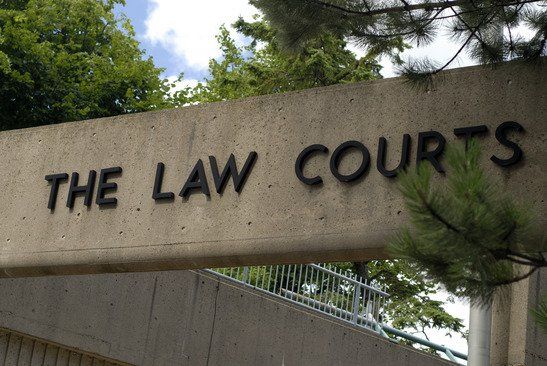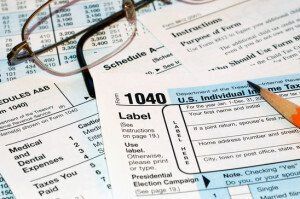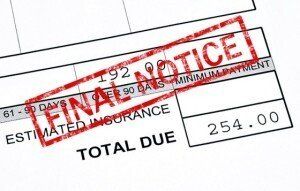What is an IRS Audit?
The prospect of an IRS audit is something that can cause intense worry in the average citizen, particularly since the process has such a bad reputation for causing stress and difficulties for individuals, families, and businesses. However, the best defense against a stressful audit is to understand the process, so there are no surprises.
The most important thing to remember about an IRS audit is that being selected for an audit isn’t necessarily a sign that something is wrong.
The official government website for the Internal Revenue Service (IRS) actually says that audit selections are often randomized and done with a computer:

“…sometimes returns are selected based solely on a statistical formula. We compare your tax return against “norms” for similar returns. We develop these “norms” from audits of a statistically valid random sample of returns, as part of the National Research Program the IRS conducts. The IRS uses this program to update return selection information.”
You may also receive notice that you’re going to be audited because a business partner or investor with whom you have a business relationship was selected. The IRS also reveals that getting a refund after filing income taxes isn’t something that will trigger an audit.
Why Does the IRS Conduct Audits?
As a government agency, the IRS operates with the goal of receiving no more and no less than it requires under the law. In fact, the agency prefers that citizens and businesses minimize their amount owed or their amount refunded at the end of the tax year by making sure the right amount of money is withheld throughout the year.
Unfortunately, mistakes happen, and sometimes there are errors in a tax return, and those errors become a problem when the IRS conducts an audit. Here are some of the problems that the IRS finds when it conducts audits:
- Mathematical errors
- Failure to report income
- False charitable donations
- Excessive Schedule C losses
- Too many business expenses
- Home office deductions
- Imprecise mathematical calculations
Anyone can make these errors – and they may be the result of inadvertent mistakes or intentional subterfuge.
Who is Most Likely to Get Audited?
Technically, any taxpayer can get audited, but Nerd Wallet suggests that there are certain groups who tend to get audited with greater frequency:
“According to IRS statistics, people in higher tax brackets and people who report no income at all get the most attention.”
Those with adjusted gross income between $25,000 and half-a-million dollars aren’t that likely to be audited and have a chance of less than one percent that an audit will occur. However, people with incomes of more than $499,999 are slightly more likely to receive a request for an audit.
In fact, taxpayers with incomes above $10 million have a greater than 14 percent chance of getting audited, but people with incomes from $50,000 to $74,999 only have a 0.48 percent chance of getting audited. Overall, the IRS only audits 0.62 percent of all returns submitted, according to numbers shared by Nerd Wallet.
Have You Received a Notice of an Audit from the IRS?
Has the IRS informed you that you will need to undergo an audit? Would you like assistance from an experienced legal professional? Contact Suburban Legal Group for assistance with all matters relating to tax and IRS issues.
DISCLAIMER: All information on this website is provided for informational purposes only and is not intended to be construed as legal advice. Suburban Legal Group PC shall not be liable for any errors or inaccuracies contained herein, or any actions taken in reliance thereon.

















